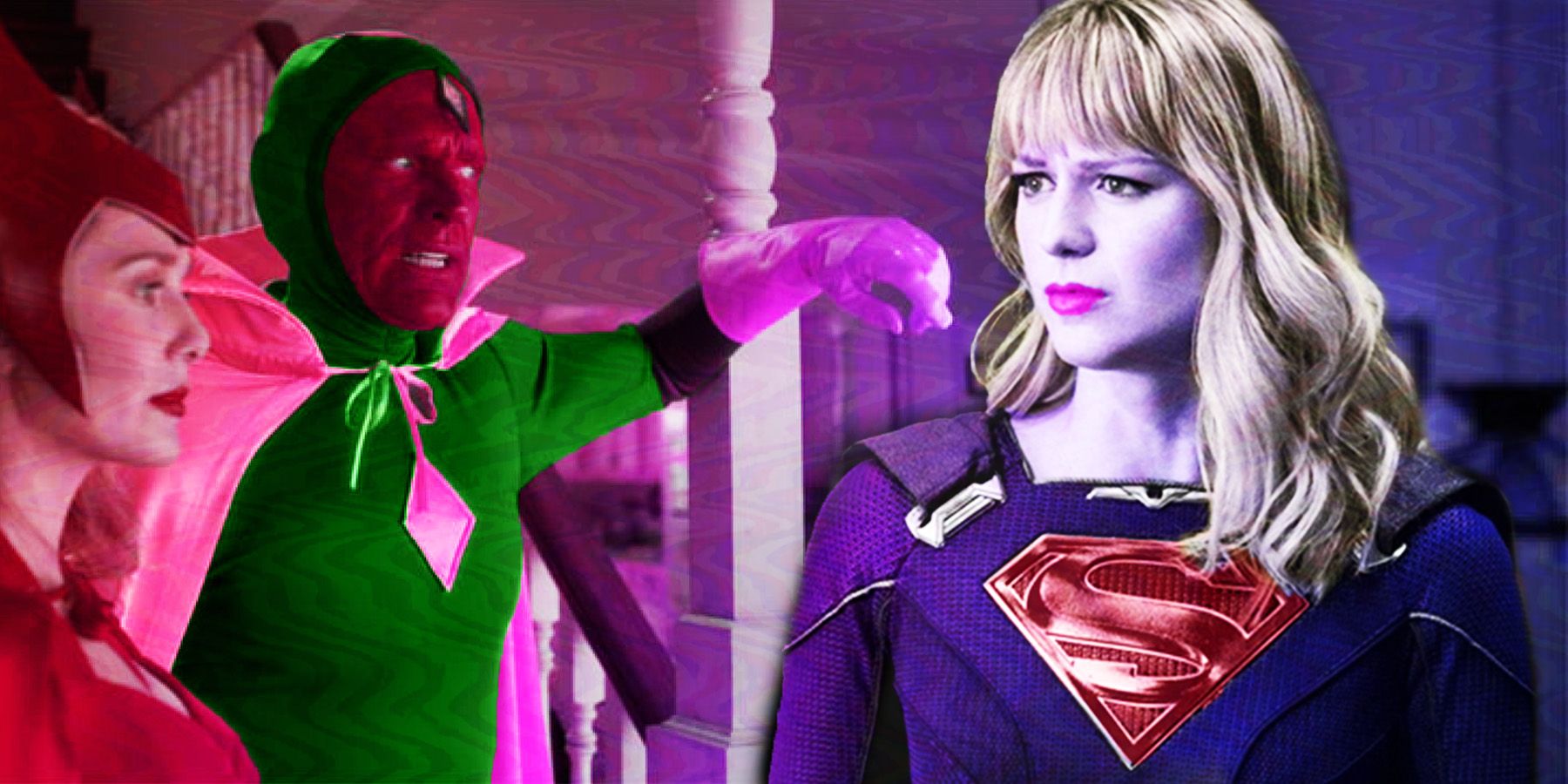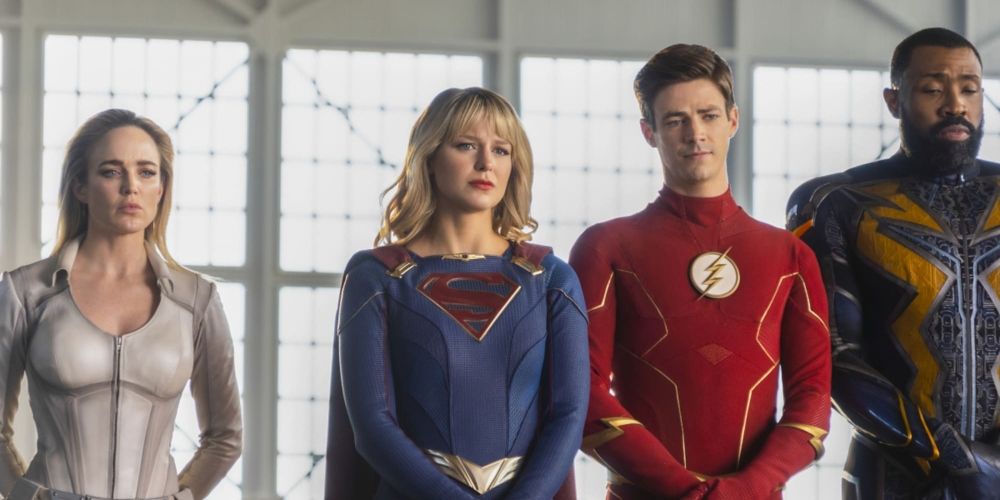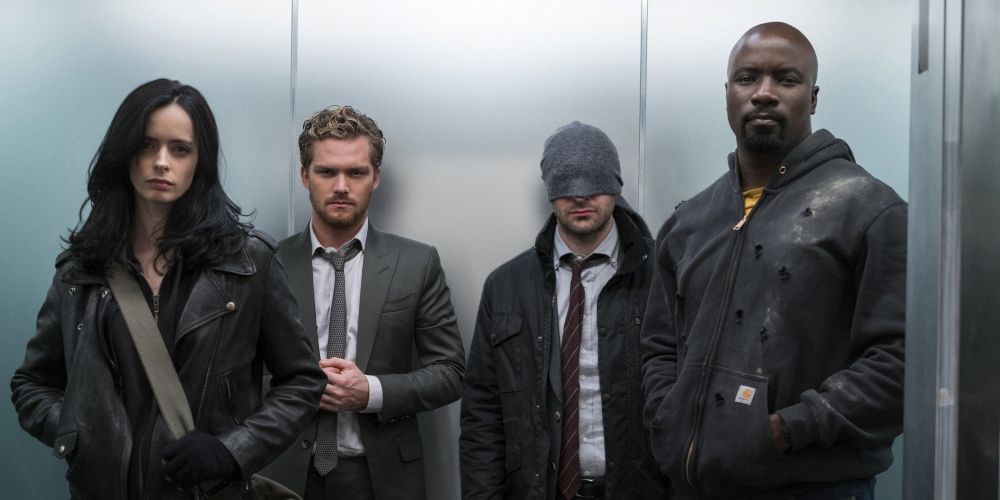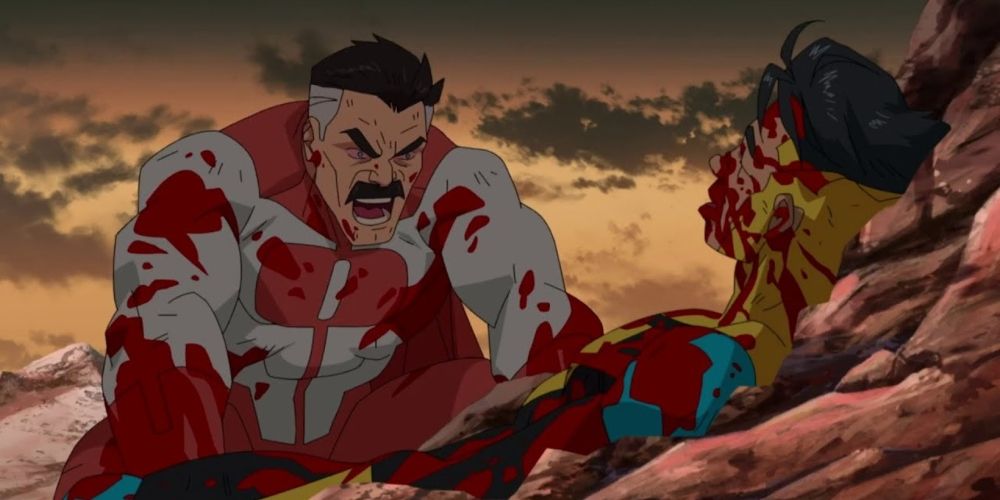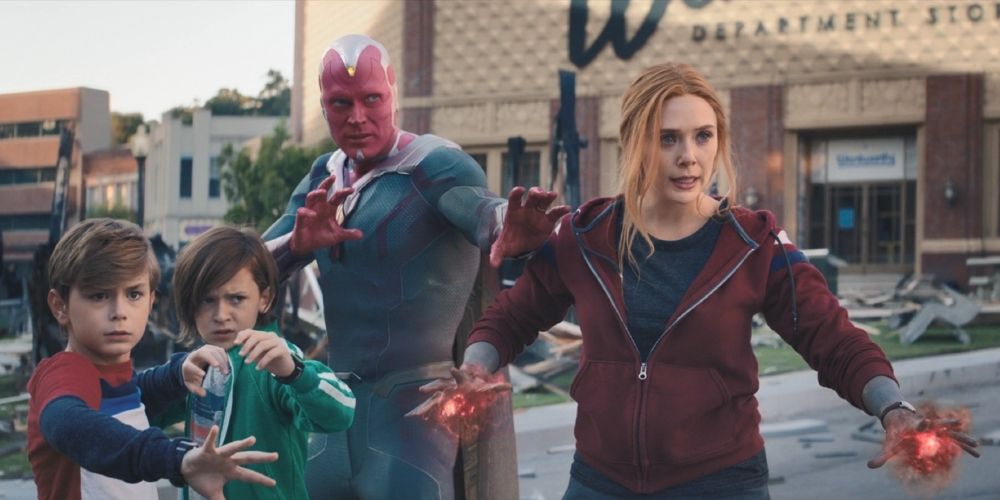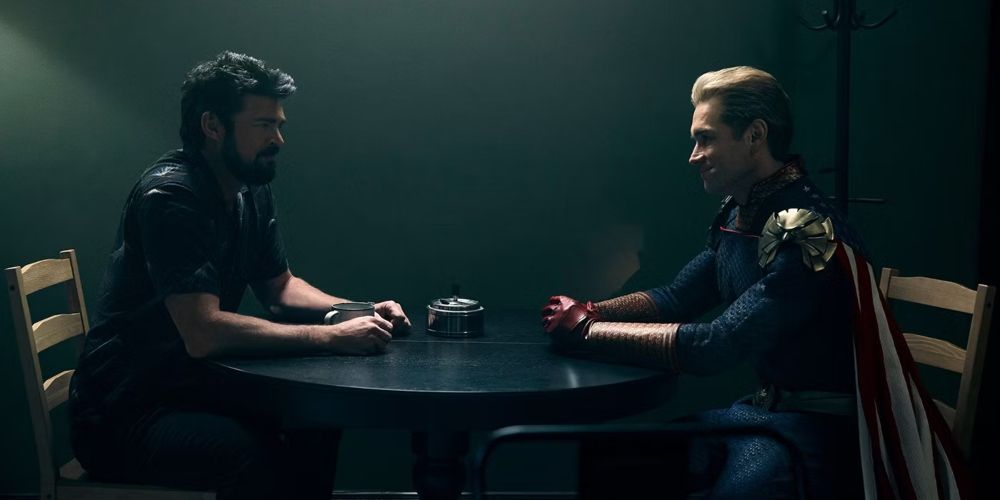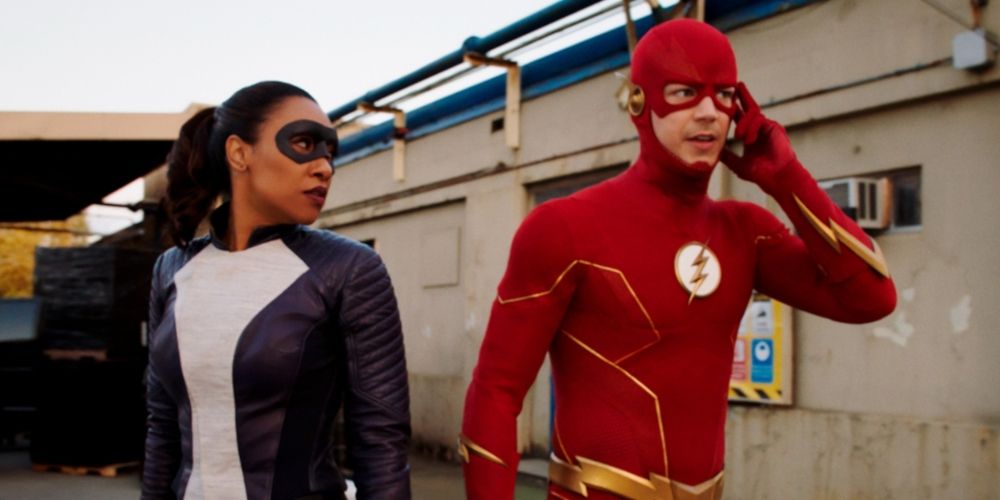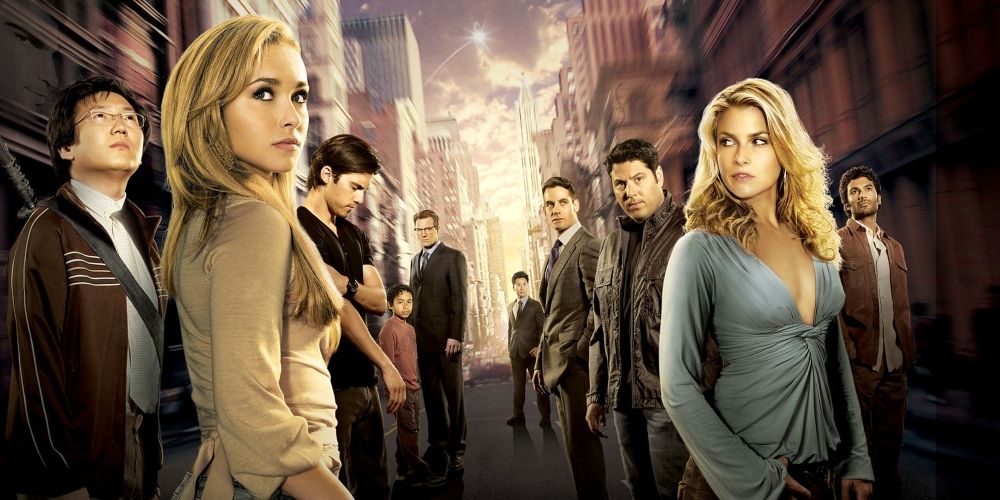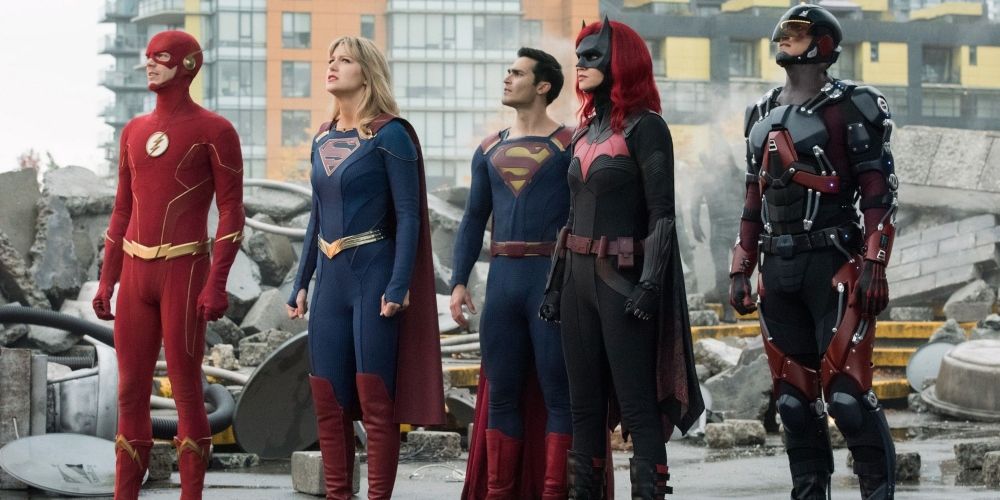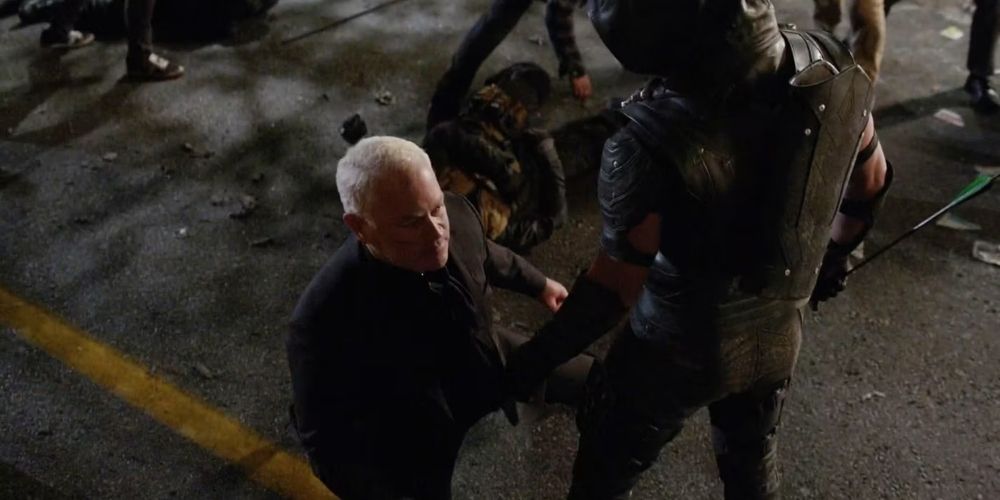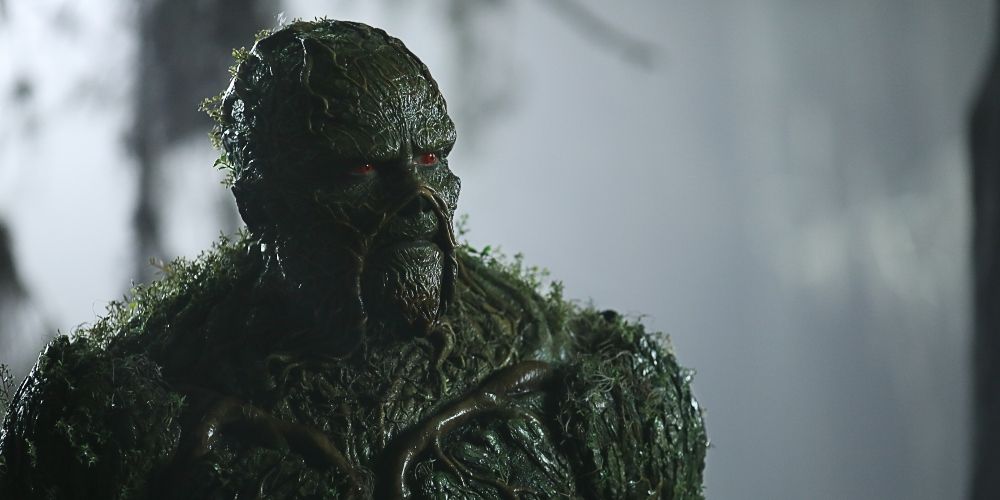Superhero fiction has come to dominate pop culture in the 2000s and 2010s. Cinemas constantly show superhero movies from several franchises, but as they've become prominent on the big screen, superheroes have moved to the small screen. There are now several high-profile superhero shows and franchises.
From the Disney+ and Netflix series of the Marvel Cinematic Universe, to CW's Arrowverse, to independent shows like The Boys and Invincible, superhero series have found great success. However, there are some common flaws in the genre that can serve to frustrate fans. As watching them becomes a more taxing experience than is necessary, fans are aware that harsh realities come with watching superhero shows.
10 They Frequently Play Second Fiddle To Films
As superhero fiction spreads to more media, films are still considered predominant in the public consciousness. Superhero films regularly sell out cinemas and become bestsellers, and the MCU alone makes up several of the most profitable film franchises ever. However, the shows often represent more modest successes.
As such, many consider the shows to come secondary to films. Some avoid this feeling with moves like the MCU's including major story beats and characters in its Disney+ series, but others play it to the hilt. The Arrowverse being forbidden from using prominent DC characters is still a sticking point for many fans of the franchise.
9 They Have To Make Do With Lower Budgets
TV series stretch longer than most films, commonly ranging from six to twenty-two episodes and usually having at least three hours of content. Despite this, they have distinctly smaller budgets to reflect the smaller profits they tend to generate. Superhero fiction is effects and action-heavy, and it's an expensive genre.
Consequently, superhero series often suffer from these lower budgets more than other genres might. Attempting to stretch a smaller budget over a much longer time span can make them feel weaker than films. Whether it be less famous actors, poor props, or poor effects, many superhero TV fans can spot budget issues in their favorite series.
8 They're Often Considered Childish Unless They Lean Hard In The Other Direction
Superhero media has often been thought of as kid's stuff, regardless of its stories. Whether it's comics, TV shows, video games, or films, some brand all superhero fiction as being immature and childish storytelling. Series focused more on their gimmicks and action exist, but so do more sedate, cerebral series that tackle serious topics.
The only shows that manage to easily escape this opinion are those that make their adult nature clear, such as The Boys and its infamous levels of graphic violence and uncomfortable content. As such, fans of superhero series often have to put up with people who think of their preferred entertainment as immature or basic.
7 Their Seasons Often End Predictably
Most genres have common tropes in their storytelling, and the superhero genre's conceits are stricter than many. Typically, their stories end with a big, explosive finale in an epic fight scene between the hero and the villain. This ends most superhero movies, comic books, and also most seasons of superhero TV. However, in the latter, it can feel out of place.
Many fans gripe that even the most inventive and original superhero series have to end with the heroes banding together and having a large-scale fight with villainy. For instance, the final episode of WandaVision is its most frequently lambasted. Fans think of the finale as a more generic endeavor compared to the unpredictable and inventive show that preceded it.
6 Passionate Fanbases Create A Lot Of Discourse
Particularly with the rise of social media, popular franchises create heated discussions. While online debate and disagreement are common in any genre and form of media, the popularity and high-profile nature of many superhero shows often sees dedicated and passionate fans debating everything that happens in them.
Almost any part of a superhero TV series is likely to see online debates over it, talking about comic book accuracy, representation, powers, and continuities. While some arguments are valid and important, the constant furor can be less-than-ideal for fans who just want to enjoy their shows.
5 Shows Can Feel Like Stretched-Out Films
A season of TV's longer runtime can be a blessing. It allows the show to spend more time on foreshadowing, highlight more characters, and spend time on events not directly connected to the main plot. However, when this extra time isn't used well, it can be a show's downfall.
In a season with a single primary plotline, it can be difficult to fill as many as twenty episodes with that story. As such, the battle to bring down one supervillain and their evil plot can feel stretched out or overly padded. Lots of filler or irrelevant content added to the story can also slow down the pacing.
4 Their Quality Can Be Inconsistent
Almost every TV series has some bad episodes. Creating good fiction is a challenge, and even the best series occasionally stumble. Nonetheless, even popular and well-made superhero series often have long periods of low quality to go with the high.
This isn't a recent problem. After a beloved first season, Heroes is infamous for its downward slump that it could never claw its way out of. Other shows suffer as well, with Arrow having a long list of contentious seasons between its excellent first two and its satisfying final season. Not all superhero shows have this problem, but enough do that it can be a bore for fans of the genre.
3 They Often Have To Tie Into A Wider Universe
Ever since the success of The Avengers, superhero fiction has often emphasized crossovers. A common feature in comics, the chance to see new and unexpected combinations of characters teaming up has a certain draw. Bringing together a superhero universe's entire cast often leads to massive success.
This isn't a bad thing, but it can exhaust fans when series aren't created as their own entity. This is particularly a problem for the MCU's Disney+ shows and the Arrowverse. When a show feels like it exists simply to further an ongoing story or to generate crossovers, it can be difficult for fans to get as invested.
2 It's Hard To Get Superhero Fights Right
Filming action is a difficult business. The production has to strike a balance between fight scenes that look exciting and believable and keeping their actors unharmed. This is one of many areas where a bigger budget would help. Even then, franchises like the MCU face criticism for their effects-driven, heavily cut action scenes.
Without the film budget for multiple takes and high-budget effects, TV series can accidentally highlight these problems. Action is an important part of most superhero series. Some shows, like The Boys, have amazing fight scenes, but many others fall short of their potential in this area.
1 They Rarely Get A Chance To End Satisfactorily
Television isn't as stable as film. Most series are only renewed while they're popular. Viewers and profit drive the fate of most series more than storytelling, and so storytelling often comes second.
Some superhero series, such as Arrow, end in ways that satisfy their fans and wrap up loose ends, but others don't get this luxury. Some skip over decent ending points because they have the viewership to keep going. Others, like Swamp Thing or Legends of Tomorrow, are canceled too soon, putting a truly satisfying ending forever out of reach.

